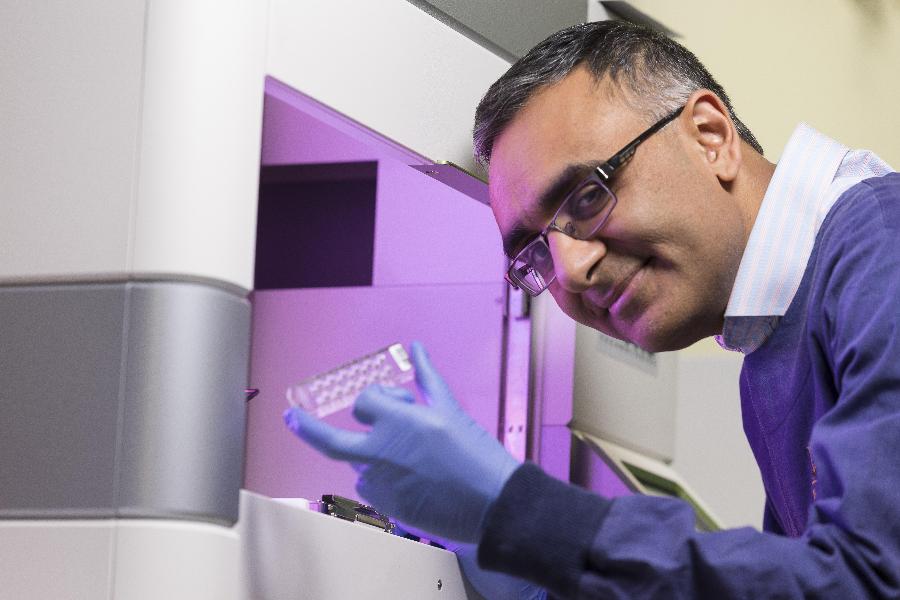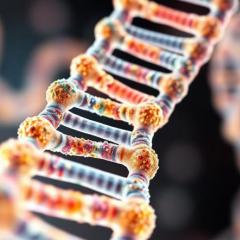
New research could help to provide access to emerging treatments for Australians with slow growing but incurable blood cancers.
Professor Maher Gandhi from The University of Queensland Diamantina Institute and Princess Alexandra Hospital said while options for front-line therapy for indolent lymphoma are set to increase dramatically, there are challenges in enabling access to therapies.
“A series of recent submissions for new anti-lymphoma treatments to be included on the Pharmaceutical Benefits Scheme (PBS) have been rejected due to the poor quality of health economic data available,” Professor Gandhi said.
“The less evidence there is the more likely the decision will come down against including a new treatment where the cost-per-life year is high.”
Dr Gandhi, who is The Leukaemia Foundation Chair of Blood Cancer, will provide the first Australian real world data on costs for treating indolent lymphoma.
“This will assist the Pharmaceutical Benefits Advisory Committee in evaluating new targeted therapies for reimbursement."
“Good quality data for indolent lymphomas is not available in Australia, particularly for first-line therapy, where outcomes are more difficult to predict than in relapsed or resistant disease.”
Professor Gandhi said good quality data for indolent lymphomas has not been available in Australia.
“This is particularly the case for first-line therapy, where outcomes are more difficult to predict than in relapsed or treatment-resistant disease.”
The project has been funded by the Gilead 2017 Fellowship Research Grants Program.
The Fellowships support the development, exploration and implementation of best practice in enhancing patient care in haematological cancers, chronic viral hepatitis and HIV.
Professor Gandhi’s work was one of seven projects selected from 43 applications, the largest field since the program began in 2012.
Paul Slade, Medical Director of Gilead Sciences ANZ said the program recognises that researchers in Australia face increasing competition for limited funding, particularly for projects with a local or community focus.
“A key part of improving patient care in real terms is developing new approaches to diagnosis, treatment and education at a local, practical level,” he said.
“We know that funding this type of research can have a significant impact on patient care, and that the learnings can then be applied to other communities, providing practical solutions to current challenges in these therapeutic areas."
The 2018 Gilead Fellowship Research Grants Program applications will open in early April 2017.
Media: Professor Maher Gandhi, m.gandhi@uq.edu.au, +61 7 3443 8026; Kim Lyell, k.lyell@uq.edu.au, 0427 530647.



